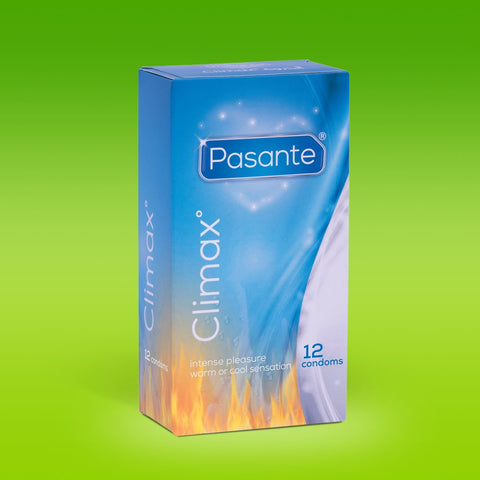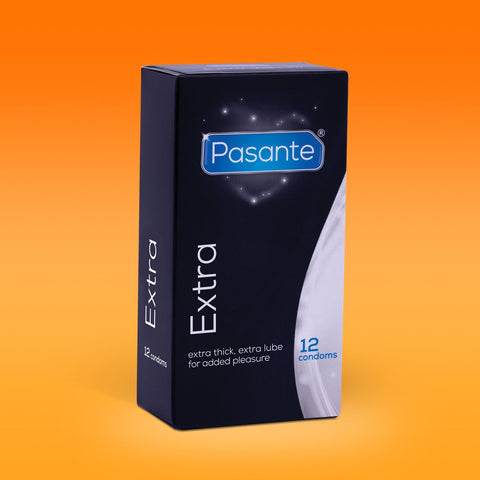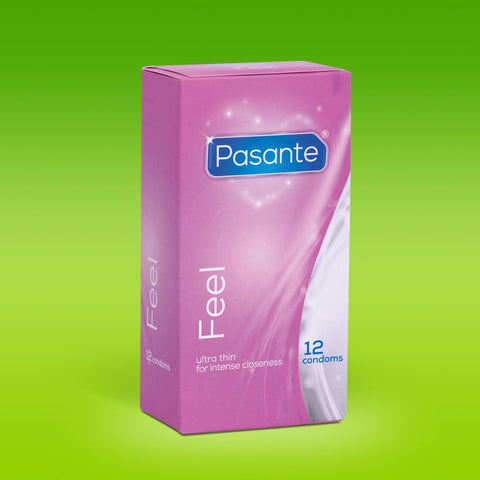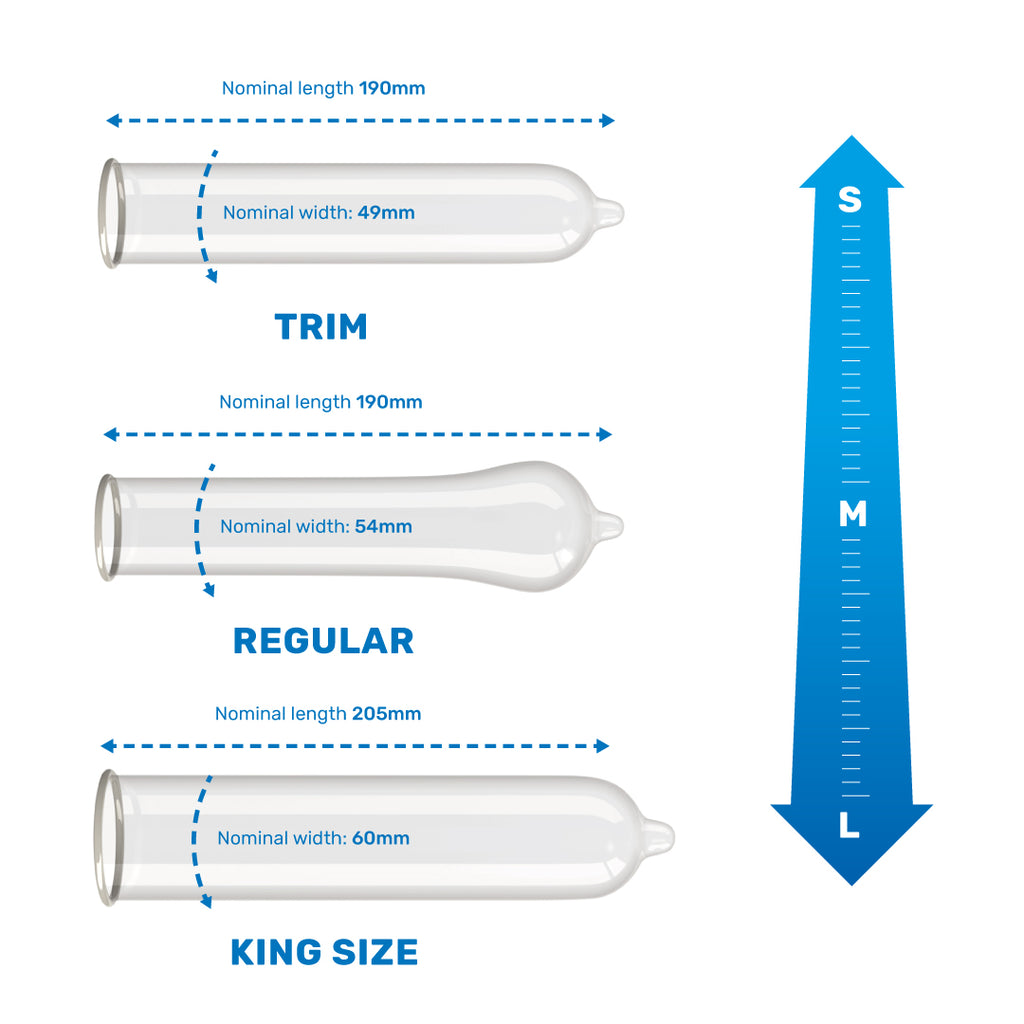
Mental Health Awareness Week: Anxiety and Sex
Mental Health Awareness Week takes place between 15th - 21st May. The theme for this year is focused all around ‘anxiety’. Most of us experience anxiety at some point in our life, but for many of us, it can become overwhelming and lead to one of the most prevalent mental health conditions around. Anxiety can affect every part of our life, including our sex-life, leading to decreased sexual desire, lubrication and arousal, as well as difficulties with achieving and maintaining erections.
This Mental Health Awareness Week, we thought we’d find out more about what anxiety is, how it can affect our sex-life and what we can do if we find ourselves feeling anxious.
What is anxiety?
Anxiety is a common mental health condition that can affect anyone, at any age. Anxiety is a normal human reaction that arises when we feel under threat. When we feel under threat, certain hormones are automatically released into our bodies; adrenaline and cortisol, which can contribute to feelings of anxiety or worry.
Symptoms of anxiety can vary to person to person, but can include;
- Feelings of intense restlessness, tension, fear or worry
- Irritability
- Difficulty concentrating
- Increased heart rate
- Shortness of breath
- Tiredness
- Dizziness
- Excessive sweating
- Trembling or shaking
To find out more about anxiety this Mental Health Awareness Week, click here
How does anxiety affect our sex-life?
As we approach Mental Health Awareness Week, it’s important to recognise how anxiety can affect our sex-life. Anxiety can make it more difficult to relax, leading to difficulties with sexual arousal, desire and satisfaction. Not only that, anxiety can also affect our sex-life in the following ways;
- Reduced libido: Anxiety can cause a person to experience a lower sex-drive or desire for sexual activity. When we feel anxious, it can cause us to not feel in the mood for sex, or have difficulty focusing on the sexual experience.
- Premature ejaculation: Anxiety can also cause premature ejaculation, as it can lead to increased muscle tension while stress hormones, such as adrenaline and cortisol are released into the bloodstream which may affect a person's ability to control their ejaculation.
- Erectile dysfunction: Anxiety can also cause a person to have difficulty achieving or maintaining an erection, due to physical tension in the body affecting the blood flow to the genitals.
- Discomfort: Anxiety can also cause discomfort during sex, due to increased muscle tension, and restricted blood flow which may mean you have difficulty with self-lubrication.
How can I manage anxiety?
There is no one-size fits all approach to managing anxiety, and you may need to try different strategies to find the best one for you. If you find yourself experiencing anxiety this Mental Health Awareness Week, there are a few strategies you can try that can help.
Breathing techniques
Breathing techniques, such as mindfulness, deep breathing or yoga can help to reduce anxiety. When we feel anxious, our breathing rate tends to become rapid and shallow, increasing our heart rate and causing other anxiety-related sensations. When we practise breathing techniques, they help slow down our breathing, which lowers the heart rate and activates our relaxation response.
Exercise
Exercise is also another way of helping to reduce anxiety. During exercise, endorphins are released which are naturally occurring chemicals that are associated with pleasure and well-being which help to promote feelings of relaxation and calm. In addition, exercise also helps improve sleep, self-esteem, and reduces the stress hormone cortisol.
Healthy diet
Eating a healthy diet, with plenty of fruit and vegetables can also help to reduce anxiety. One study, published by the Journal of Affective Disorders found that a diet rich in fruit, vegetables, whole grains and protein was associated with lower levels of anxiety and depression in women. This is thought to be because a healthy diet can provide the body with the right nutrients for the production of neurotransmitters that help to regulate mood and emotions.
Therapy
Seeking support from a mental health professional, such as a therapist or counsellor is another good strategy in managing anxiety. There are many different types of therapy available, for instance, cognitive behavioural therapy (CBT) is a type of therapy that focuses on changing negative thought patterns and behaviours, which has been shown to help reduce anxiety. In addition, talking-therapies, like group therapy or 1-2-1 counsellors are a way of sharing your feelings in a safe-space and helping to gain a different perspective on your anxiety.
To celebrate Mental Health Awareness Week, there will be 25% off our sensation range of condoms and all lubricants between the 26th - 30th May - the perfect time to stock up on your favourite condom.





